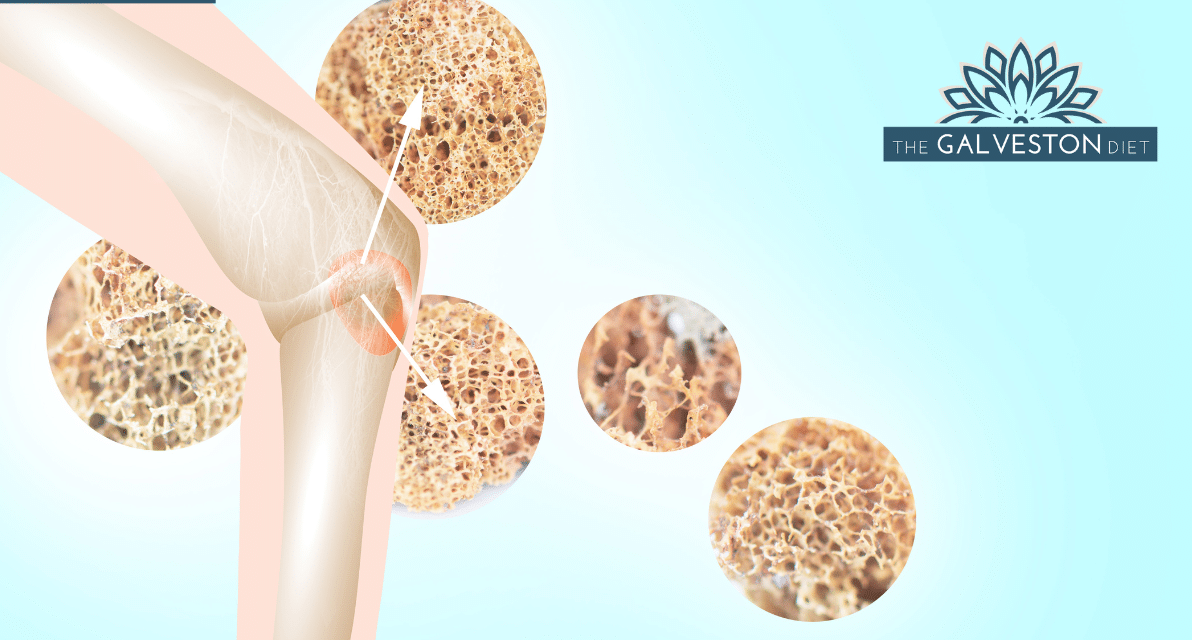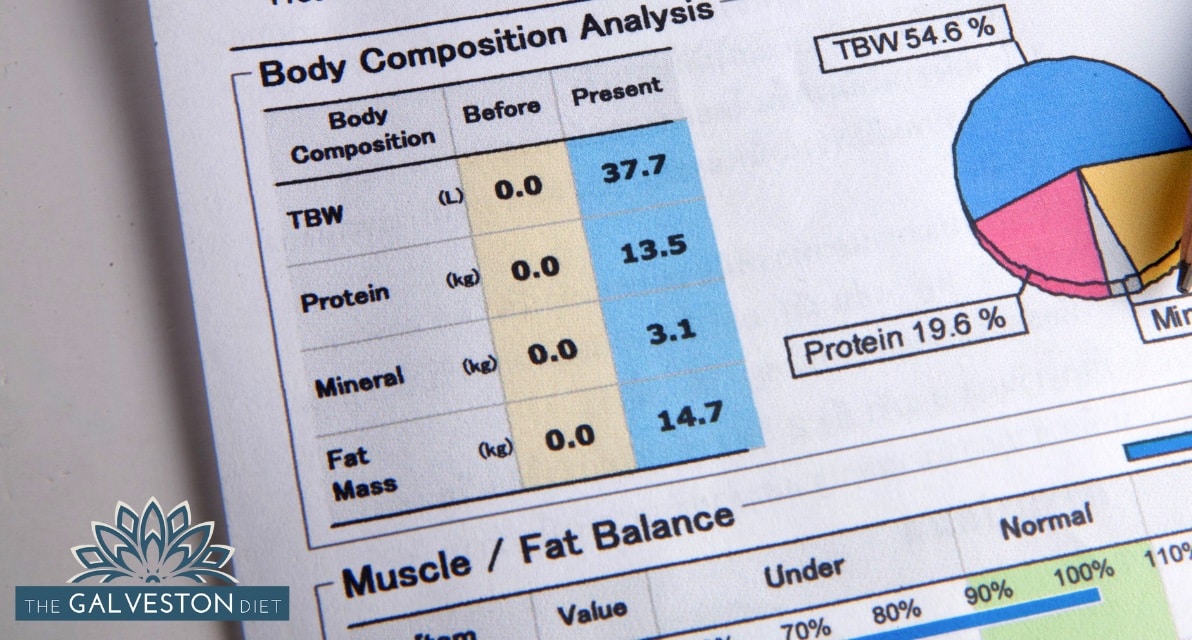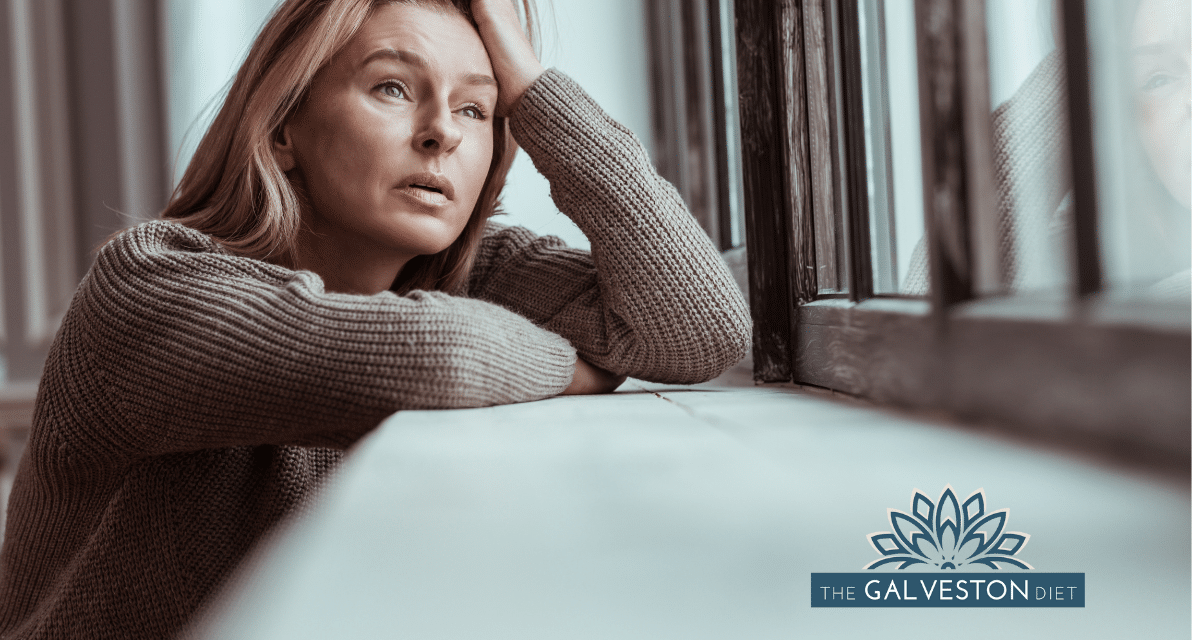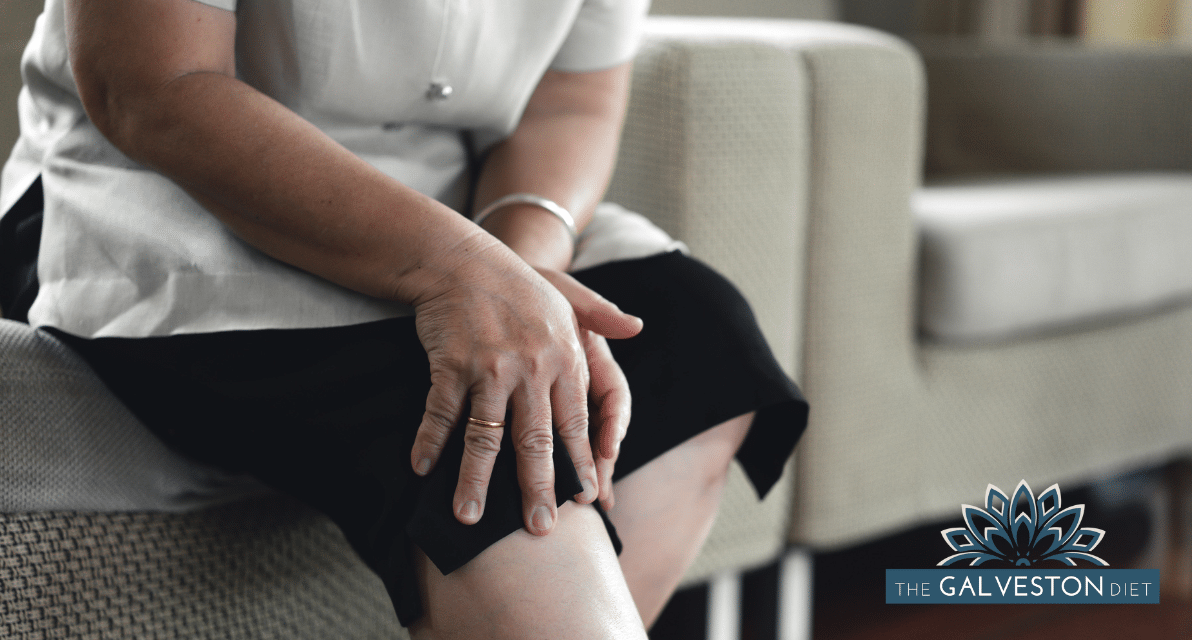In my medical practice, I have the privilege of taking care of thousands of women each year. Young and old, these women are the cornerstone of my medical practice, and where I spend most of my time away from my family. Over my twenty years of practice, I have noticed several habits develop in women as they age, and these habits seem to dramatically alter how their bodies respond to the hormone changes of menopause. Fatigue is one of the most common symptoms of menopause, and for some women, it is debilitating. But, not every woman in menopause will succumb to this malady. Over the years, I started noticing that women who were not complaining of daily fatigue in menopause had several things in common:
They Exercise Daily
I found that women in menopause who state that they regularly exercise most days a week (at least four) for at least 30 – 60 minutes a day complain far less of fatigue than women who don’t. It seems that the endorphins produced by regular exercise go a long way – not only are they mind altering chemical substances that make us feel good, they also increase glucose uptake by muscles and decrease muscle fatigue.
They Drink Plenty of Water
There are a multitude of well run medical studies that document not only increased fatigue in women with mild hydration but also anger and increased “brain fog.” My patients who have a water bottle handy during visits — as a part of their normal daily routine, have far less complaints of fatigue than my patients who don’t.
They Limit Caffeine and Alcohol
In my practice women who limit caffeine and alcohol in their daily diets — especially at night have a far lower chance of daily fatigue than those who don’t limit. While both of these substances have health benefits in small to moderate doses, overconsumption of both, especially at night can lead to decreased sleep quality and quantity.
They Limit Food Portions
Overeating and eating large meals, is a huge trigger for fatigue. Scientists have recently discovered that elevated glucose levels can switch off brain cells that keep us awake and alert. Many of my patients who complain of fatigue in the afternoon often skip breakfast, because of lack of planning, then eat a very large meal at lunch because they were so hungry. My patients who plan their meals and eat sensible portions rarely experience the post meal fatigue.
They Embrace Relaxation and Mindfulness
My patients who practice Yoga or mindfulness, meditate, and/or journal have very few complaints of fatigue. And it’s no wonder, as multiple medical studies have documented decreasing daily fatigue in women incorporate at least one of these in their daily lives.
They Get Fabulous Sleep
Good sleep is no accident. My patients who actively try to mitigate the effects of hot flashes at night (have a ceiling fan, cool the room, and wear lighter clothes) have a much better quality of sleep than those who do not. Also, patients who keep the room dark and limit “guests” in the bed — i.e., pets or children also have less fatigue due to excellent sleep quality.
They Know How To Say No
My patients who are busy and fulfilled, but not overbooked have very little issues with fatigue. These women are my heroes. They have learned successfully to set boundaries and to choose what matters most over trying to have it all.
During any phase of menopause, you may find yourself succumbing to chronic daily fatigue and not understand why this is happening to you. After an evaluation by your physician, consider adopting these habits on a daily basis and more than likely, your fatigue will improve greatly. Learn more about the Galveston Diet here.






